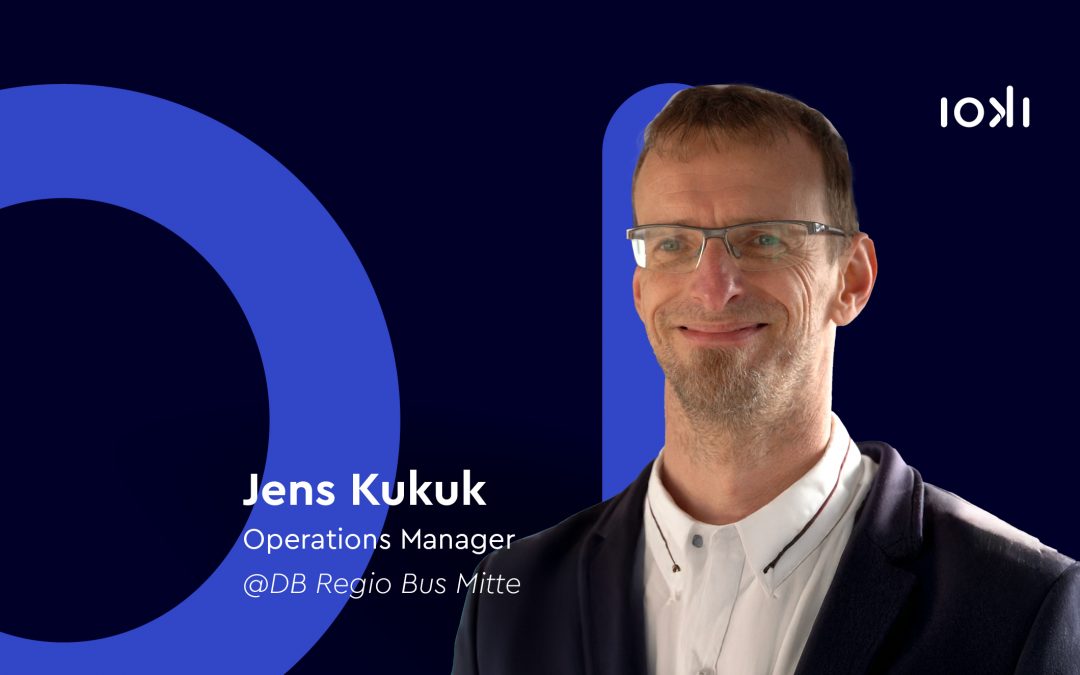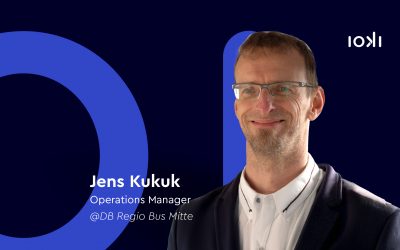The Wittlich Shuttle has now been in operation for almost 2 years – What changes can you see in Wittlich as a result of the expanded public transport system? How has this changed mobility in Wittlich?
With the further development of the “Rufbus Wittlich”, which started as a pilot project, into the “Wittlich Shuttle”, the innovative mobility offer has not only become better but above all more digital. Through the development and introduction of the application, the Wittlich Shuttle has suddenly become much more attractive and a large new customer base, namely the younger generation, has been addressed much more effectively. This is particularly evidenced by the steadily increasing number of users.
You invest a lot into the development and renewal of your growing district town and are a chairman of the committee for ‘forests and environment’ at the association of municipalities and cities – what are your further plans for an environmentally friendly urban development?
When it comes to urban development, the principle of comprehensive sustainability, which has been implemented for generations in our 1200-hectare city forest, should not be used as an empty phrase, but rather filled with content. We are currently dealing with the question of climate protection and how to react to this locally (in the areas of construction, renewable energies, land consumption, etc.). We already wrote the first climate protection report for the city of Wittlich in 2010 and have continued to update it consistently. We are responding to the increasing number of heavy rain and flood events by drawing up a corresponding concept, which is backed up by a large number of measures that we are gradually implementing. In short, there is no way around environmentally-friendly development in all areas of society, in which the mobility of the future plays a major role.
We are currently in a situation where citizens are being called upon to limit social interactions and stay at home. The Wittlich Shuttle is still offering its services in these times, where do you see an opportunity for Wittlich?
The number of users has continued to rise even during the Corona crisis. This shows that the Wittlich Shuttle enjoys a high level of trust among its users. Some customers depend on the shuttle, for example, to make personal appointments, while others are switching to this service right now because the limited number of passengers makes it more secure. The great opportunity lies in the fact that the offer will become better known among citizens and therefore new customers can be acquired, thus underpinning the demand for the Wittlich Shuttle.
In view of the constantly advancing digitalization and the associated opportunities and challenges: What is your hope for mobility in rural areas when you look 15 years into the future?
In 15 years, the Wittlich Shuttle will hopefully have established itself not only in Wittlich but also in the entire Bernkastel-Wittlich district. The shuttles are not only available digitally but will also run autonomously with an ecologically sound drive.
Traffic turnaround: Do you see this primarily as a political or a social task?
Both! The traffic turnaround can only be implemented politically in a timely, meaningful, and targeted manner if the resulting changes and requirements are socially accepted and lived.



